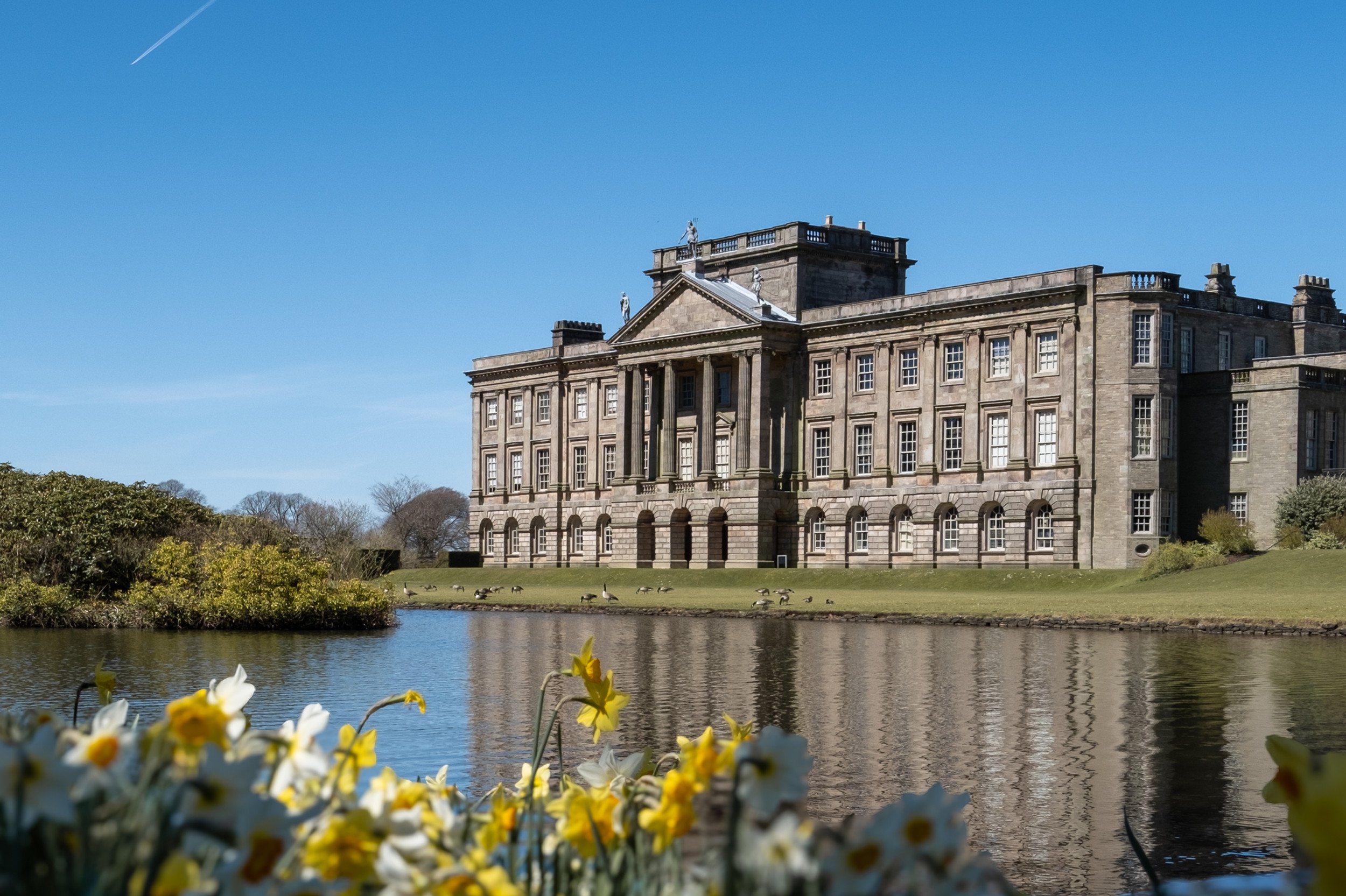In the United Kingdom, property has always held a central place in society. From historic estates that symbolize centuries of aristocratic privilege to modern luxury apartments in central London, real estate reflects both wealth and influence. When it comes to politics, however, the subject becomes even more complicated. The property holdings of British politicians are often scrutinized not only as a measure of personal fortune but also as a symbol of the distance—or closeness—between the political elite and ordinary citizens.
The Historical Connection Between Politics and Land
British politics has deep roots in land ownership. For centuries, political power was essentially tied to estates and titles. In the 18th and 19th centuries, the right to vote was often linked to property ownership, ensuring that political decisions were made primarily by landowners. The House of Lords itself was historically composed of hereditary peers, most of whom owned vast tracts of land across England, Scotland, and Wales.
Although Britain has long since democratized, this cultural association between property and political authority has not entirely disappeared. Many contemporary politicians are still linked to significant real estate, whether inherited or purchased during successful careers.
London Property as a Political Mirror
The London property market, famous for its high prices and global appeal, has become a stage on which the wealth of political figures is displayed. Politicians from across the spectrum often own property in affluent districts such as Westminster, Chelsea, or Kensington. For some, these purchases are presented as practical—close to Parliament and the heart of government. For others, they appear as status symbols, reinforcing perceptions of privilege.
The “second home” debate has also drawn attention. Many Members of Parliament (MPs) own multiple properties: one in their constituency, another in London, and sometimes holiday homes. During the parliamentary expenses scandal of 2009, the public learned that some MPs had claimed taxpayer money for mortgage payments, furniture, and even cleaning services for second homes. This revelation intensified debates about fairness and accountability, especially during a time when ordinary citizens struggled with rising housing costs.
The Question of Affordability and Public Trust
Britain faces an ongoing housing crisis, with young people finding it increasingly difficult to step onto the property ladder. Against this backdrop, the visibility of politicians owning large portfolios or benefiting from property investments often creates resentment. When leaders are seen as disconnected from the economic realities of their voters, trust in institutions declines.
Critics argue that politicians who profit from property speculation cannot fully represent the interests of those struggling with housing insecurity. For example, debates on rent control, affordable housing projects, and development regulations are influenced by the fact that many lawmakers are themselves landlords.
Transparency and Declarations of Interests
The UK has a system that requires MPs to declare financial interests, including real estate holdings. The Register of Members’ Financial Interests makes public whether an MP earns income from property rentals or owns land beyond a primary residence. While this system provides a degree of transparency, it does not always prevent conflicts of interest.
For instance, if a politician who is also a landlord votes against stronger tenant protections, questions naturally arise about whether their decision was guided by ideology or personal financial gain. The fine balance between public duty and private wealth remains a central theme in the discourse around property and politics.
Notable Examples and Public Debates
Several high-profile figures have faced media scrutiny over their real estate holdings. Former prime ministers and party leaders often own multiple properties, including country homes and luxury flats. Some inherited estates, reflecting family wealth, while others built portfolios through investments.
This phenomenon is not unique to any single party. Conservative politicians are often associated with traditional landed wealth, while Labour politicians sometimes face criticism if their real estate holdings appear to contradict their calls for social justice. The issue, therefore, transcends ideology and instead highlights broader questions about the culture of British politics.
The Future of Real Estate in Political Life
As the housing crisis deepens, the relationship between politicians and property will remain a subject of public debate. Younger generations, who are more likely to rent than own, increasingly view property ownership as an emblem of generational inequality. For them, the sight of politicians profiting from a market that excludes ordinary citizens feels unjust.
Reforms may include stricter rules on transparency, limits on what expenses can be claimed for housing, and even mandatory disclosures on rental income. At the same time, politicians who advocate for ambitious housing policies—such as large-scale social housing construction—may need to reconcile their personal wealth with their public promises.
A Matter of Trust and Representation
Real estate will always play a significant role in British political culture. Whether through historical estates, modern luxury flats, or rental portfolios, property symbolizes wealth, stability, and sometimes power itself. Yet in a democratic society, the challenge lies in ensuring that such ownership does not erode public trust.
For British politicians, real estate is more than a personal asset—it is a mirror in which citizens perceive their leaders’ values, integrity, and connection to everyday struggles. Balancing private wealth with public service will remain one of the great tests of political credibility in the United Kingdom.
